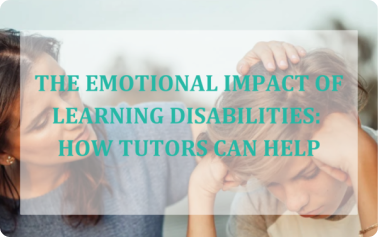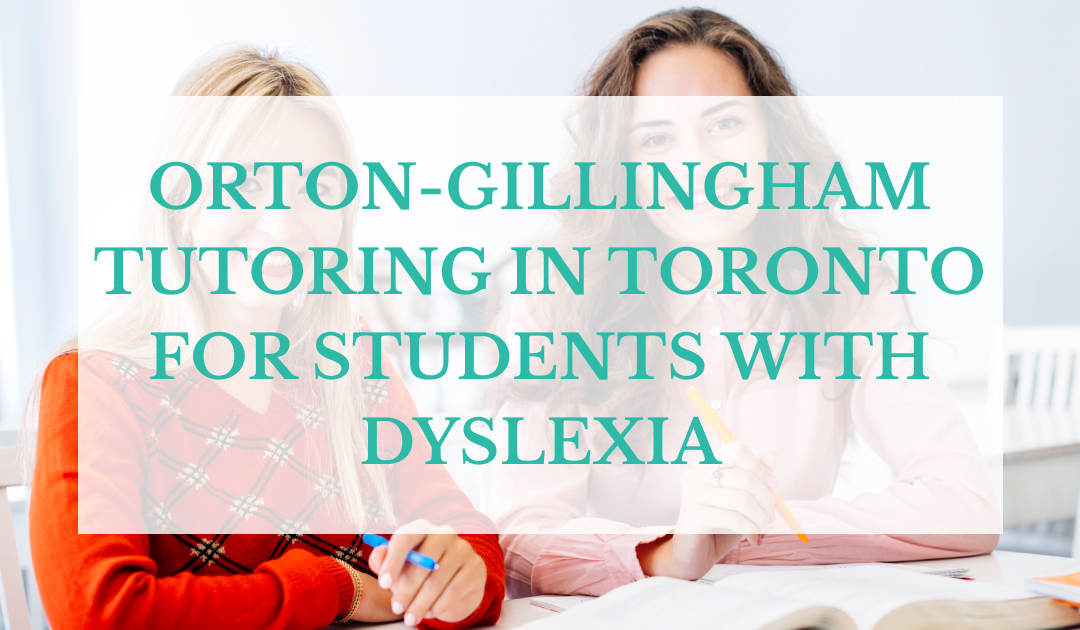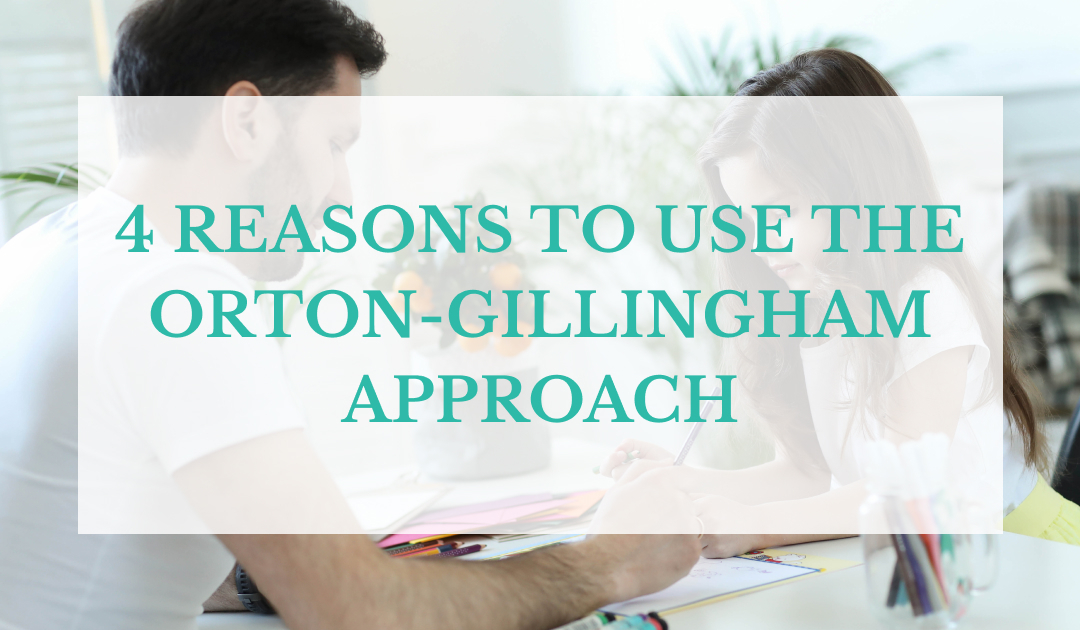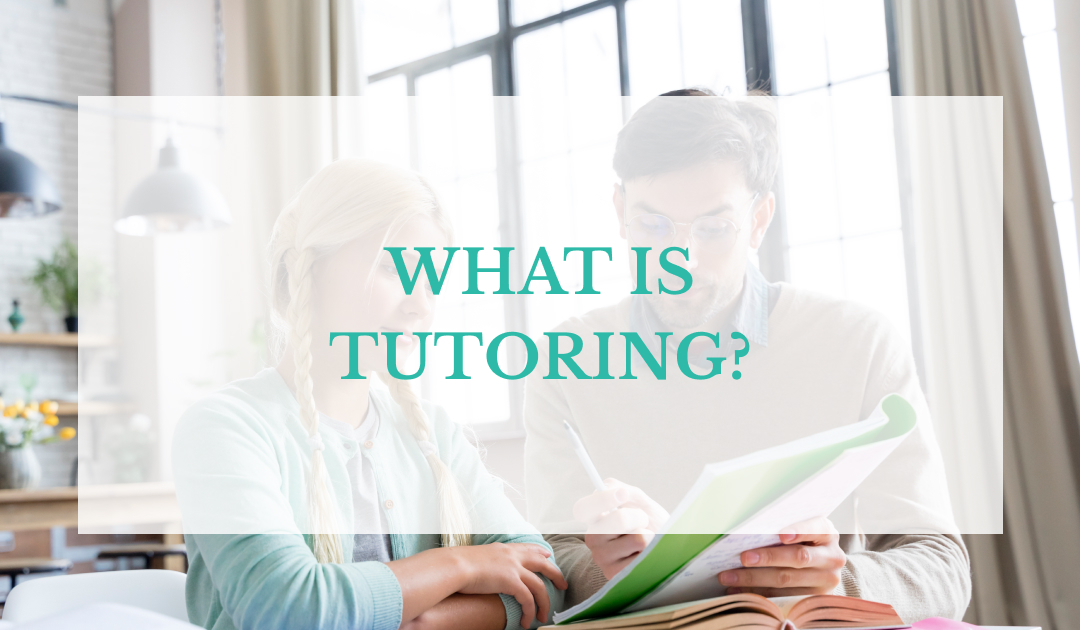
Learning disabilities can have a profound emotional impact on students, affecting their self-esteem, confidence, and overall well-being. However, with the right support and guidance, tutors can make a significant difference in helping students with learning disabilities overcome emotional challenges and succeed academically.

Learning disabilities can lead to frustration and a sense of inadequacy. Students may struggle to keep up with their peers, leading to feelings of embarrassment and isolation. Tutors can create a safe and non-judgmental environment where students feel comfortable expressing their frustrations and asking for help. This support can boost their self-esteem and confidence, crucial factors for success.
 Learning disabilities can be accompanied by anxiety and stress. The fear of failure and the pressure to perform can take a toll on a student’s mental health. Tutors can teach coping strategies and time-management skills to help students manage their workload effectively. This can reduce anxiety and make learning more enjoyable.
Learning disabilities can be accompanied by anxiety and stress. The fear of failure and the pressure to perform can take a toll on a student’s mental health. Tutors can teach coping strategies and time-management skills to help students manage their workload effectively. This can reduce anxiety and make learning more enjoyable.
Another emotional challenge students with learning disabilities face is a fear of being stigmatized or misunderstood. Tutors can play a crucial role in advocating for their students, helping them access the necessary accommodations and resources they need to thrive. Tutors can also educate others about learning disabilities to create a more inclusive and empathetic learning environment.

Additionally, tutors can help students develop a growth mindset. By emphasizing the importance of effort and resilience, tutors can change students’ perspectives on learning disabilities. Students can learn to see challenges as opportunities for growth and develop a more positive attitude towards their education.
The emotional impact of learning disabilities is a significant concern, but tutors can make a positive difference in the lives of these students. By providing emotional support, teaching coping strategies, advocating for their needs, and fostering a growth mindset, tutors can help students with learning disabilities overcome emotional hurdles and achieve academic success. With the right guidance, these students can unlock their full potential and build a brighter future.




